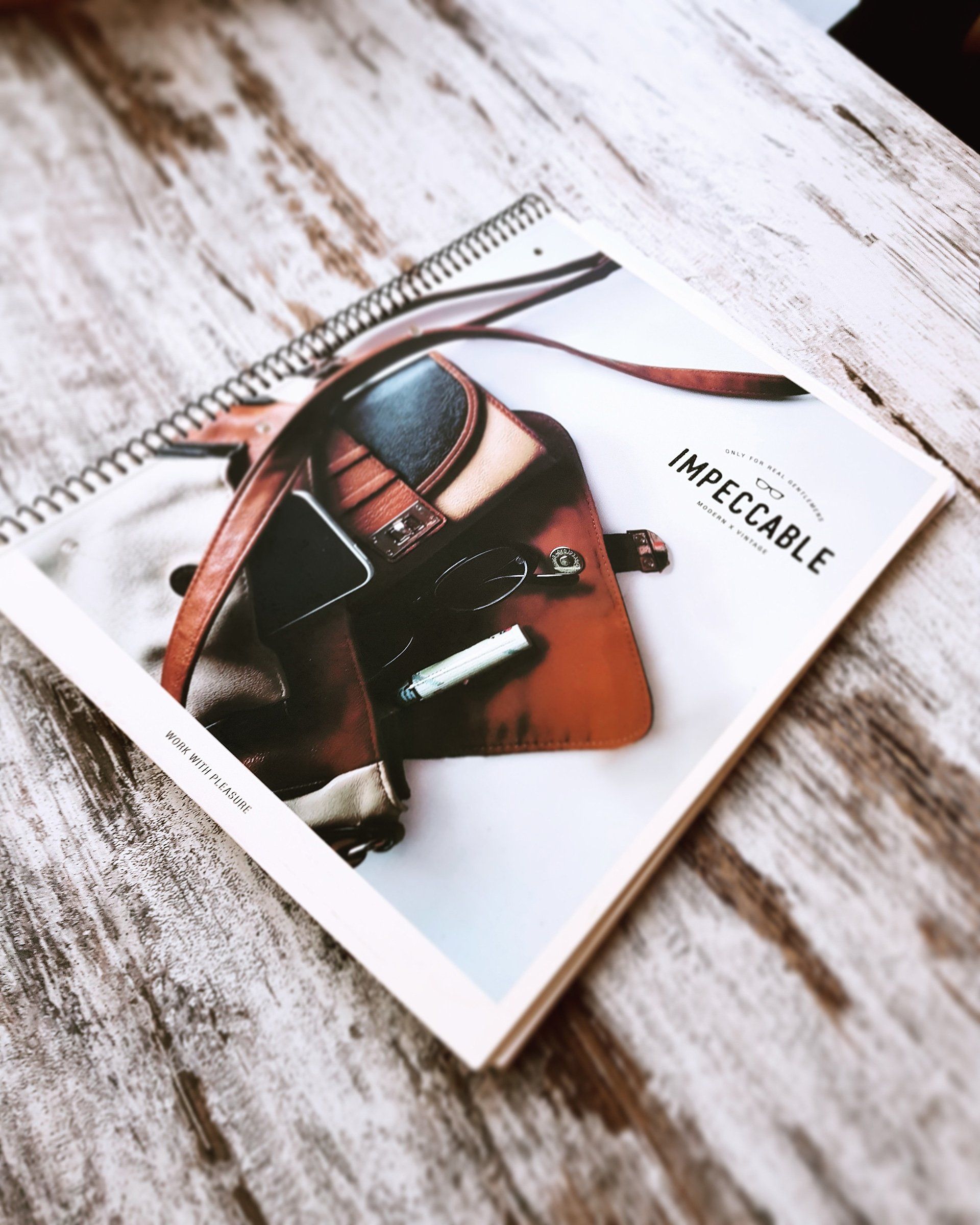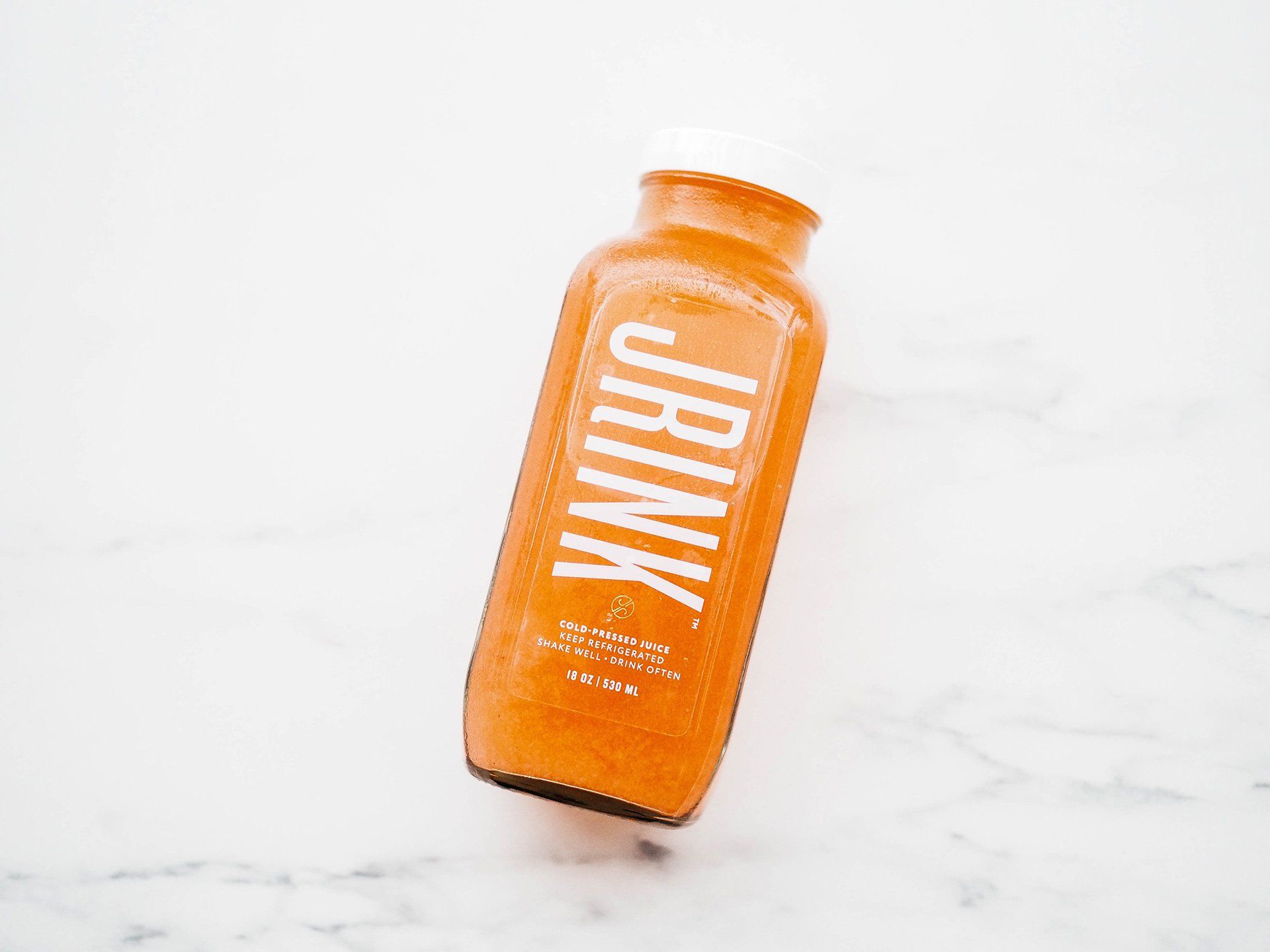AT&R Insurance
508-881-1033
Supporting copy for the Request Service
call out button.
AT&R Insurance
Blog
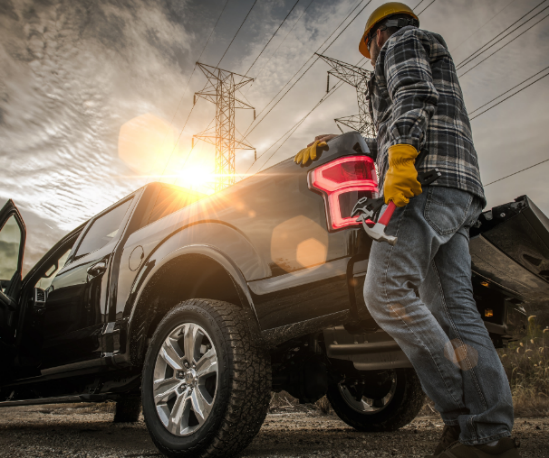
By 7007279964
•
19 Apr, 2024
Commercial auto insurance protects your business from legal claims of property damage or bodily injury while operating a company vehicle, or when an employee uses their own vehicle for business purposes. This type of insurance can pay for medical expenses, legal fees, and repairs to the vehicle that personal auto insurance doesn’t cover. Do you own or lease a vehicle that is operated for business purposes?
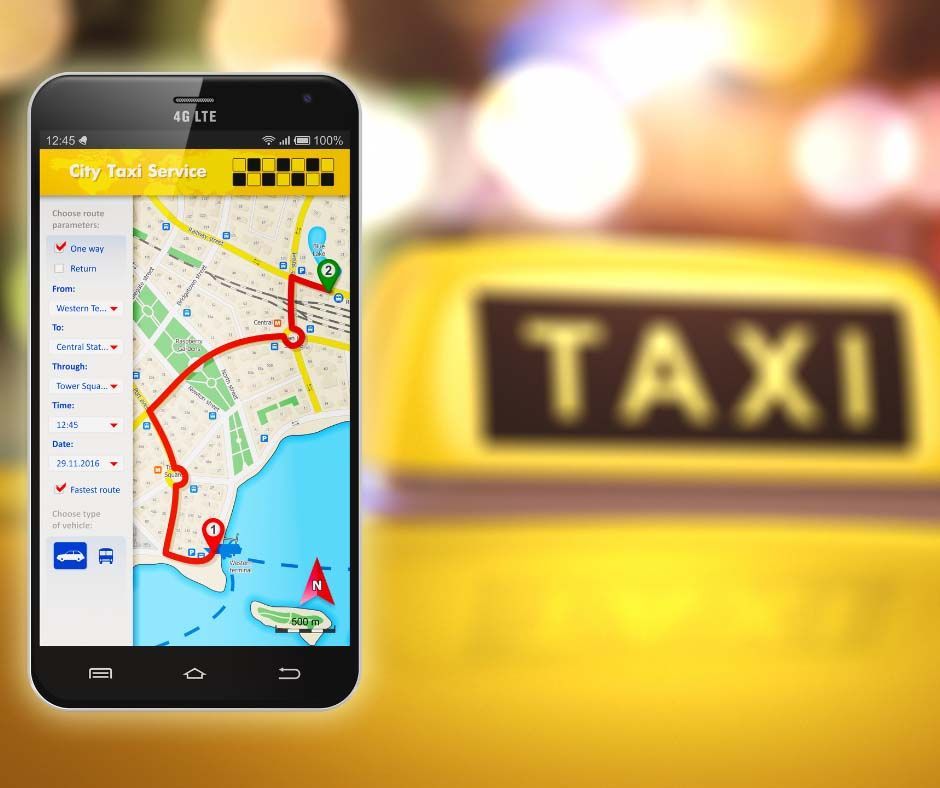
By 7007279964
•
18 Mar, 2024
The consequences of driving under the influence (DUI) extend far beyond legal repercussions; they can significantly impact your auto insurance premiums. Fortunately, there are various responsible choices and alternatives available to ensure you stay safe on the roads without jeopardizing your insurance rates. These options may help you make informed decisions and contribute to safer streets. Designate a Sober Driver One of the simplest and most effective ways to avoid a DUI is to designate a sober driver. Plan ahead and ensure that someone in your group remains alcohol-free to take the wheel. This not only safeguards you from legal troubles but also keeps your insurance premiums in check. Use Ridesharing Services In the era of technology, ridesharing services like Uber and Lyft have made it incredibly easy to secure a safe ride home. These services are cost-effective, convenient, and eliminate the need for you to drive under the influence. Spending a few dollars on a ride is a small price compared to the potential increase in insurance premiums after a DUI. Public Transportation If available, public transportation can be a reliable and economical option to avoid driving under the influence. Buses, trains, and subways provide a safe and responsible way to get home without the risk of a DUI impacting your insurance rates. Stay Overnight If you find yourself in a situation where driving is not an option, consider staying overnight. Crash at a friend's place or book a nearby hotel to ensure you're well-rested and sober before hitting the road. This decision not only keeps you safe but also protects your insurance premiums. Arrange for a Taxi Traditional taxis remain a viable option for those looking to avoid a DUI. Although they may be less prevalent in some areas due to the rise of ridesharing, taxis provide a reliable means of transportation without the risk of an insurance premium hike. Community Programs and Services Some communities offer programs or services that provide safe rides home for individuals who have been drinking. Look into local initiatives, such as designated driver programs or free ride services during certain events, to help you make responsible choices without affecting your insurance rates. Utilize Driving Alternatives Explore alternative modes of transportation that don't involve driving under the influence. Consider walking, biking, or carpooling with a sober friend. These alternatives not only keep you from facing a DUI but also contribute to environmentally friendly and socially responsible choices. The options to avoid driving under the influence and prevent increases in insurance premiums are numerous and accessible. By making smart choices and taking advantage of alternative transportation methods, you not only protect yourself but also contribute to safer roads for everyone. Remember, the impact of a DUI goes beyond legal consequences, and the best way to navigate these challenges is by prioritizing responsibility and safety on the road.

By 7007279964
•
13 Feb, 2024
February is the month dedicated to celebrating LOVE for those special people in your life - Mom/Dad, Husband/Wife/Partner, Son/Daughter, and even us, Your Insurance Agent!! Yes, that’s right, Insurance Agent. Our clients express their love for us not only in February, they do it all year long!! See for yourself with these amazing reviews! ‘From the first phone call, to going in personally, to walking out of the door I was satisfied! 10/10!!! Dennis and his wife were some of the friendliest people I’ve ever met. I felt taken care of from the start!’ - Stacy B. ‘Knowledgeable, friendly, and professional from start to finish!’ - Steven G. ‘Always a pleasure to do business with AT&R Insurance Agency!’ - Mary M. We strive all year long to build lasting relationships with our clients. Our dedication to keeping an open channel of communication, always listening, and being willing to go above and beyond is how we create strong bonds with our clients. We would LOVE to start building a bond with you, and become your hometown trusted insurance provider. Call AT&R Insurance Agency at (508) 881-1033 or visit at https://www.atrinsurance.com/ for your free insurance quote, and you’ll be feeling the love as well.
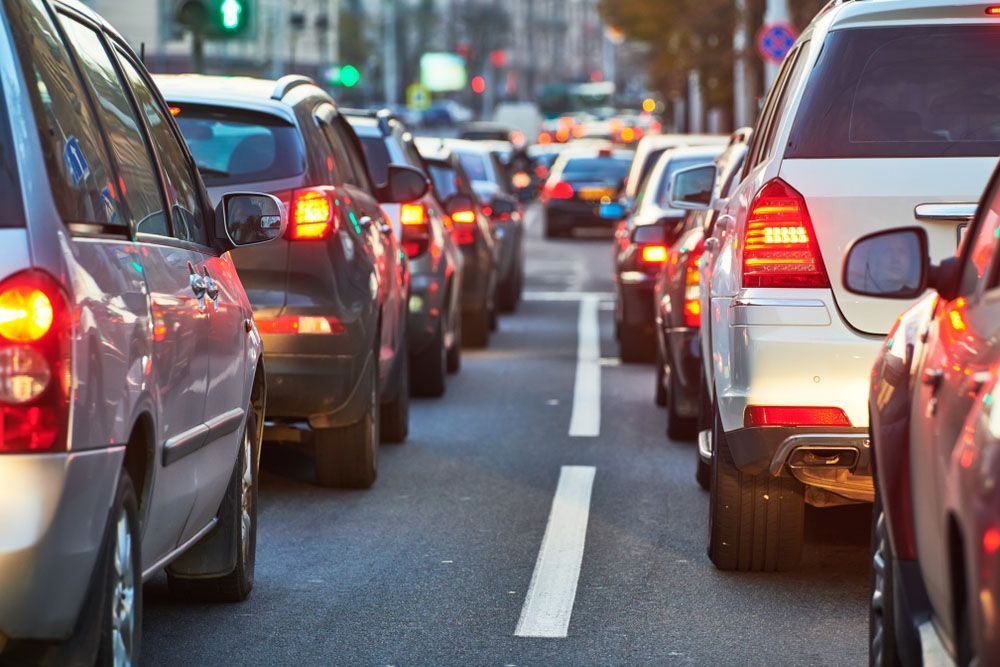
By 7007279964
•
18 Jan, 2024
Auto insurance is necessary for anyone who owns and operates a vehicle. It is required by law in most states and provides essential protection for you and others on the road. In this blog, we'll discuss the importance of auto insurance and how it can protect you and others on the road. 1. Required by Law In most states, auto insurance is required by law. You could face legal consequences if caught driving without insurance, including fines and license suspension. Understanding your state's requirements and ensuring adequate coverage to avoid legal issues is important. 2. Protection for Your Vehicle Auto insurance can provide coverage for your vehicle in case of damage or theft. If you're in an accident or your car is stolen, your insurance policy can help cover the cost of repairs or replacement. 3. Liability Protection Auto insurance also provides liability protection, which means that if you're at fault in an accident, your insurance policy can help cover the cost of any damages or injuries you cause to others. Without liability protection, you could be personally responsible for these costs, which can be financially devastating. 4. Medical Coverage Many auto insurance policies also provide medical coverage for you and your passengers in case of injury in an accident. This can help cover the cost of medical bills and related expenses. 5. Peace of Mind Auto insurance can give you peace of mind knowing that you're protected in an accident or other event. It's one less thing to worry about while on the road. In conclusion, auto insurance is important for protecting yourself and others on the road. It's required by law in most states and provides protection for your vehicle, liability protection, medical coverage, and peace of mind. When selecting an auto insurance policy, make sure to consider your personal needs and budget, and shop around to find the best coverage and rates for your needs.

By 7007279964
•
07 Dec, 2023
Strands of sparkling holiday lighting make your home feel merry and bright, especially on a gloomy December day. However, if installed incorrectly, they have the potential to damage your home or electrical system. Before you grab your ladder and boxes of lights, review our list of do’s and don’ts for hanging holiday lighting strands safely.

By 7007279964
•
13 Nov, 2023
Are you looking to trim your home insurance expenses without compromising on coverage? You're not alone. Home insurance is a crucial investment, but it doesn't mean you have to overpay for it. In this blog, we'll delve into practical strategies for homeowners to save money on home insurance premiums, building on the concept of "Ways to Save Money on Home Insurance." Shop Around and Compare Quotes: Your first step in saving on home insurance is to shop around. Don't settle for the first policy you come across. Obtain quotes from multiple insurers and compare them to find the best value for your coverage needs. Increase Your Deductible: Consider raising your deductible—the amount you pay out of pocket before your insurance kicks in. Higher deductibles often lead to lower premiums. Just be sure you can comfortably cover the deductible if you need to make a claim. Bundle Your Policies: Many insurers offer discounts when you bundle your home and auto insurance policies. Combining these policies with the same insurer can result in significant savings. Home Security and Safety Measures: Invest in security and safety measures for your home. Installing a security system, smoke detectors, fire extinguishers, and deadbolt locks can make your home safer and may qualify you for discounts. Maintain a Good Credit Score: Believe it or not, your credit score can impact your home insurance premiums. Maintain a healthy credit score by paying bills on time and managing your credit responsibly. Review and Update Your Coverage: Periodically review your coverage to ensure it aligns with your current needs. You may find that you're overinsured for certain items or that you need to adjust your coverage based on changes in your home or lifestyle. Ask About Discounts: Inquire with your insurer about available discounts. They might offer special discounts for retirees, veterans, or members of certain organizations. Don't hesitate to ask. Consider the Age of Your Home: Older homes may have higher premiums due to potential maintenance and repair costs. Consider this when buying a home and budget accordingly. Maintain a Good Claims History: Avoid filing frequent small claims if possible. Insurance companies may raise your premiums if you have a history of numerous claims. Review and Adjust Annually: - Finally, make it a habit to review your home insurance policy annually. Life changes, and so do your insurance needs. Ensure that your coverage remains aligned with your circumstances. By implementing these practical strategies, you can take proactive steps to save money on your home insurance without sacrificing the protection your home and belongings deserve. Remember that it's essential to strike a balance between cost savings and adequate coverage to safeguard your home and family effectively.

By 7007279964
•
16 Oct, 2023
Your company may need insurance to survive certain unexpected—but possible—challenges. Nobody likes buying insurance. It can be confusing and expensive, and you won't see any benefit unless you have a loss, accident, or claim. But insurance can make or break your business. Without the right insurance, a theft or fire can cause devastating losses. A personal injury lawsuit can leave you struggling just to pay the legal fees and yet many small business owners don't take the time to evaluate their needs and get appropriate coverage. Business Owner’s Insurance, also known as a business owner policy (BOP), combines protection for all major property and liability risks in one insurance package. This type of policy assembles the basic coverages required by a business owner in one bundle. However, it is usually sold at a premium that is less than the total cost of the individual coverages. BOPs include : 1. Property insurance for buildings and contents owned by the company -- there are two different forms, standard and special, which provides more comprehensive coverage. 2. Business interruption insurance, which covers the loss of income resulting from a fire or other catastrophe that disrupts the operation of the business. It can also include the extra expense of operating out of a temporary location. 3. Liability protection, which covers your company's legal responsibility for the harm it may cause to others. This harm is a result of things that you and your employees do or fail to do in your business operations that may cause bodily injury or property damage due to defective products, faulty installations and errors in services provided. BOPs do NOT cover professional liability, auto insurance, worker’s compensation or health and disability insurance. You'll need separate insurance policies to cover professional services, vehicles and your employees. To decide whether you need business insurance, ask yourself two questions: ● Does your business have property—including inventory, computers, and other equipment—that you could not easily afford to replace? If your only business property is a laptop, you may not need to insure it. But if you have tens of thousands of dollars of store inventory, insurance is a must. ● Is there a reasonable chance your business could be sued for a substantial amount of money? For example, you might be sued if someone has an accident on your premises, if you aren't as careful as you should be, if you suffer a data breach, or if an item you make or sell is defective and injures someone. If you answered “yes" to either of these questions, business insurance will help you minimize your risks. However, not all businesses qualify for business owner’s policies. Eligibility requirements differ among providers. Insurance providers may have requirements regarding business location, the size of the location, revenue, and class of business. Typically, businesses classes eligible for BOPs include retail stores, apartment buildings, small restaurants, and office-based businesses. The key takeaways to BOPs: ● A business owner policy (BOP) is a package that bundles basic insurance coverages and is sold at a premium. ● A BOP typically protects business owners against property damage, peril, business interruption, and liability. ● While coverages vary among insurance providers, businesses can often opt-in for additional coverage, such as crime, spoilage of merchandise, forgery, fidelity, and more. ● Insurance providers determine if a business qualifies for a BOP based on business location, the size of the location, the class of business, and revenue. ● A business may qualify for special considerations if it meets certain eligibility qualifications. Contact our agency today to discuss your business insurance needs with an agent! Source: https://www.iii.org/article/what-does-businessowners-policy-bop-cover and https://www.investopedia.com/terms/business-owners-policy.asp and https://www.legalzoom.com/articles/business-insurance-when-you-need-it-and-when-you-dont
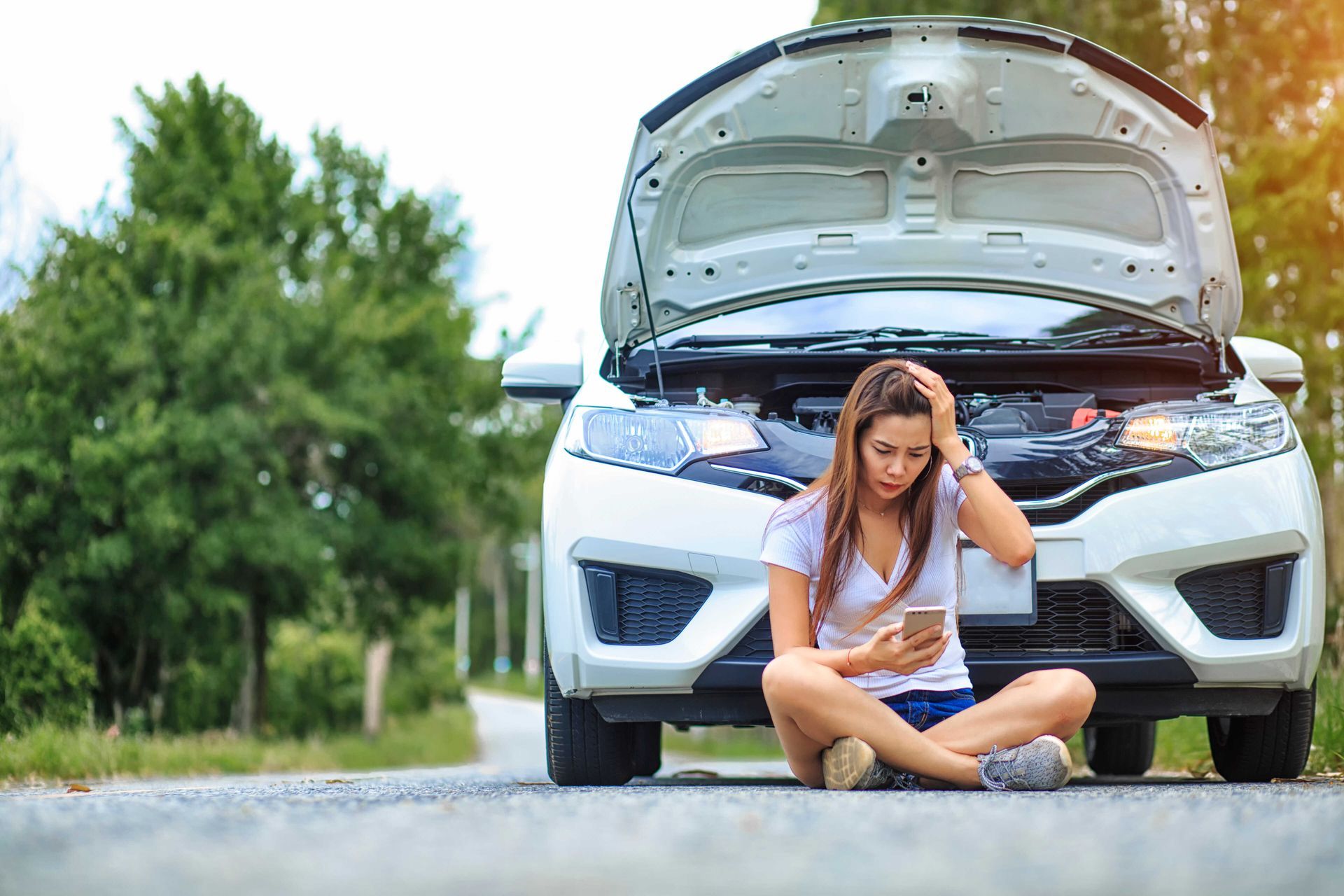
By 7007279964
•
20 Sep, 2023
Trouble happens. You left your lights on and now you’re stuck with a dead car battery. While learning how to jump start a car can be easy, there are risks in it if done so incorrectly. As your insurance agent, we care about your safety so we put together the following guide on how to properly get you and your car charged and back on the road. What do you need to jump start a car? Before you can recharge and get going, you need a few basics: jumper cables and a power source – either a portable jump battery (a jump box) or another vehicle. Jumper cables are long, thickly insulated cables with toothy clips on one or both ends. These clips are called alligator clips. The clips are distinguished by color, usually red and black, to indicate positive and negative polarity. The red clip is positive. The black clip is negative. Jump boxes are portable batteries used to jump start a vehicle without connecting to another vehicle and come with special jump cables. These cables connect the jump battery directly to the dead car battery. Road side assistance usually uses a jump box when helping stalled vehicles. What do you need to know about car batteries to jump start a car? Car batteries have two larger nubs, called terminals. There is a positive terminal and a negative terminal. Each should be clearly marked. Connecting cables to the right terminal is important to completing the circuit and gives power to the dead battery. ● Positive terminal – The positive terminal is usually the bigger of the two terminals. It is marked with “POS” or “+”. It will connect to the positive clip on the jumper cable, which is usually red. ● Negative terminal – The negative terminal on the battery is usually marked with “NEG” or “-“. This will attach to the other clip, which is usually black. CAUTIONS WHEN JUMP STARTING A CAR: ● READ THE OWNER’S MANUAL. Some cars are not recommended for jump starting because they have sensitive circuitry ● DO NOT JUMP corroded, cracked, leaking, or visibly damaged batteries ● DO NOT JUMP frozen batteries ● DO NOT JUMP dry batteries ● DO NOT TOUCH CLIPS together. This is true when connected, but get in the habit by never touching the clips together. Protect the donor battery A quick test that there is enough voltage for the donor, be sure that the car giving the jump start headlights are steady and bright when the car is started. If the headlights dim, that can signal that the battery is low. How do you use jumper cables to jump start a car from another vehicle? 1. CHECK BATTERIES: Make sure that the battery giving the jump has enough voltage and is a matching voltage system type (12V, 6V, etc.) 2. READY CARS: Put both cars in park or neutral, turn the ignitions off, and put on the parking brake. 3. OPEN THE HOOD of each car. 4. ATTACH ALLIGATOR CLIPS to the terminals in the following order:
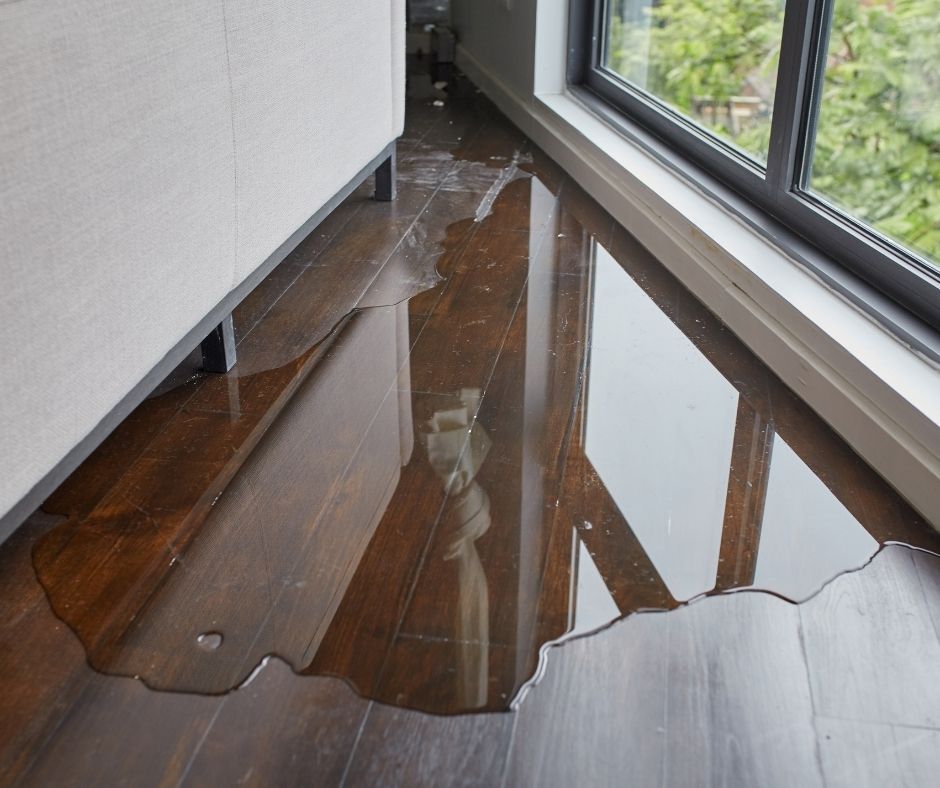
By 7007279964
•
01 Aug, 2023
Mold is a fungus. There are all kinds. It’s everywhere–indoors and out. Most mold insurance claims typically arise in one of two circumstances: (1) mold comes to the property owner’s attention along with the discovery of ongoing moisture buildup, water leakage or water intrusion that has gone on for some time below the property owner’s radar; or (2) after a sudden, accidental flood or leak from a plumbing system or appliance, and there is a delay in, or failure to, adequately dry out water damaged building products, fixtures, furnishings, finishes or belongings. Homeowner, commercial property owner and renter property policies differ in kind and in scope from insurer to insurer. Dealing with mold problems goes beyond tackling its adverse effects on health. Often, the first headache for home or business owners comes from not having a plan or budget for mold restoration services. Well, no one builds a home or office with plans for it to be taken over by some dangerous fungi. However, when you find mold growth in your workplace or apartment, you have to deal with it immediately. What do you do when you find out that you are facing mold issues, and feel the need to use your insurance? What is mold insurance or mold liability coverage? Mold insurance is the coverage for damage due to mold, which is included in an insurance policy. Environmental insurance, general liability, and property policies sometimes include coverage of mold. If these policies do not include mold insurance coverage, then, an insurance coverage could be made available by purchasing an endorsement to the forms. Does insurance cover mold damage? The short answer to this question is yes. However, mold may only be covered by insurance if and when certain conditions are met. Typically, insurance coverage depends on the source of the moisture or the leading cause of mold growth. Several insurance policies will cover any damage if linked to an actual loss that was initially covered. Also, you need to prove that such loss resulted in the mold problems you are facing. While most insurance policies offer minimal coverage for mold claims, you still need to check with your homeowner’s insurance provider for whatever mold remediation coverage you may be able to access. Mold damage and insurance claims – What to do? A larger percentage of home or property owners do not plan for mold remediation, which can be an obstacle to getting the help needed in a mold problem. If you have discovered mold damage in your home or business due to a covered peril, the next question on your mind may be how to file a mold damage insurance claim. Follow these steps to make a successful mold insurance claim. Step 1: Prepare yourself for the task ahead One way to be sure you are ready is to request an investigation into the cause of mold damage. Then take pictures of the mold. It is important not to attempt to start repairs before calling your insurance company or filing a mold claim. Step 2: Call your insurance company and make a mold claim Once you have your proof ready, next is to contact your insurance provider and make a claim. Provide detailed information about mold growth and damage. If by any chance, you have cleaned or removed or tampered with the mold or any damaged material, state such too. However, do not dispose of any materials before the insurance adjuster arrives. Step 3: Avoid any further damage While you may be eager to start cleaning or getting rid of the mold, it is very important to not begin any reloads before the insurance adjuster has arrived to evaluate the extent of the damage. However, it is vital to prevent further damage. You may turn off the leak to a pipe or place a bucket where a roof is leaking or block the hole etc. Step 4: Tender all your evidence Now, this is the final step. Once the insurance adjuster arrives, please provide them with your supporting materials. These can include photographs, investigation reports, and a list of your damaged property. These will help you support your claim and receive support quickly. In the end, taking the time to understand your insurance policy is the ultimate step in knowing whether you are covered for mold problems in the home. The best way to go about this is to contact your insurance company. Our insurance advisors are available to answer your questions regarding your homeowners and business insurance policies. Source: https://uphelp.org/claim-guidance-publications/mold-contamination-insurance-coverage-101-the-basics/ and https://www.ecofmr.com/articles/guide-to-mold-damage-and-insurance-cover/

By 7007279964
•
24 Jul, 2023
Ahh – The beach! We love the water, the sand, the sun and the family time to unwind and have FUN! Staying safe at the beach is very important. Weather and water conditions can change rapidly. In the blink of an eye someone could be caught in a rip-current. Be sure to: ● Follow all beach rules and regulations. ● Swim only in areas where there are life guards. ● Avoid drinking or the overconsumption of alcohol, especially if you’re swimming or boating. ● Keep an eye on your children at all times. ● Safely secure all umbrellas in place to prevent injury to yourself or others. At the beach, it’s important to find and follow posted signs and flags. This is for your safety. And as your insurance agent, we strongly encourage you to do so! There may be lifeguards or other beach patrol officers on duty. They may make announcements over a loudspeaker, or you can ask them about beach conditions. Follow their guidance and instructions. This applies to when you’re on the sand or in the water. They are there to help keep your family safe and ensure everyone has a good time. You can typically find beach rules posted at the entrance or near the lifeguard stand or tower. The following are rules that you may see posted: ● Look for flags set up on the beach ● Know where lifeguard stations are ● Look for signs and postings near the entrance or lifeguard tower ● Talk with lifeguards for tips and information about the beach and water conditions
Agostinelli, Teller & Ryan Insurance Agency
Call Us Today
Agostinelli, Teller & Ryan Insurance Agency, Inc.
AT&R Insurance:
44 Front Street
Ashland, Massachusetts 01721
Ashland, Massachusetts 01721
AT&R Insurance:
Telephone: 508-881-1033
Fax: 508-881-4115
Email: info@ATRinsurance.com
Cash
Personal Check
Privacy Policy
| Do Not Share My Information
| Conditions of Use
| Notice and Take Down Policy
| Website Accessibility Policy
© 2024
The content on this website is owned by us and our licensors. Do not copy any content (including images) without our consent.

